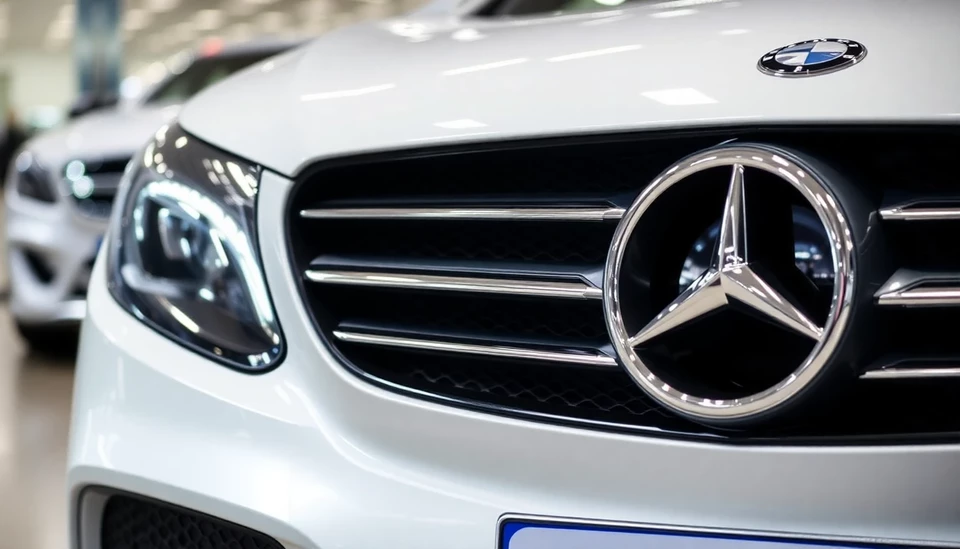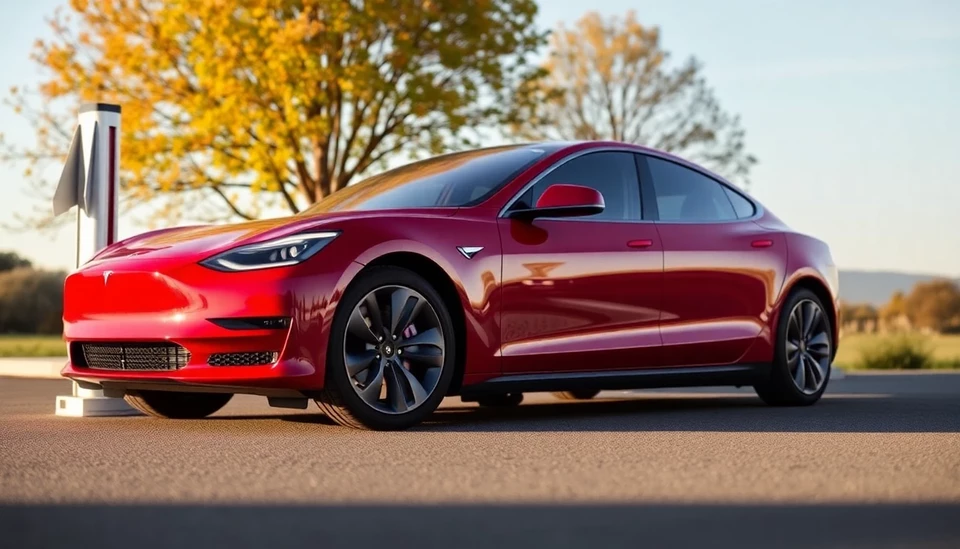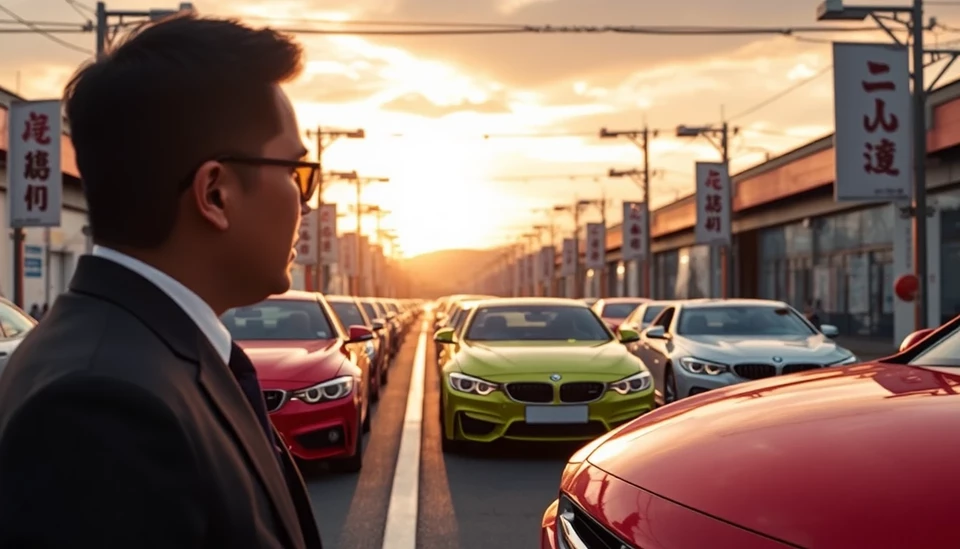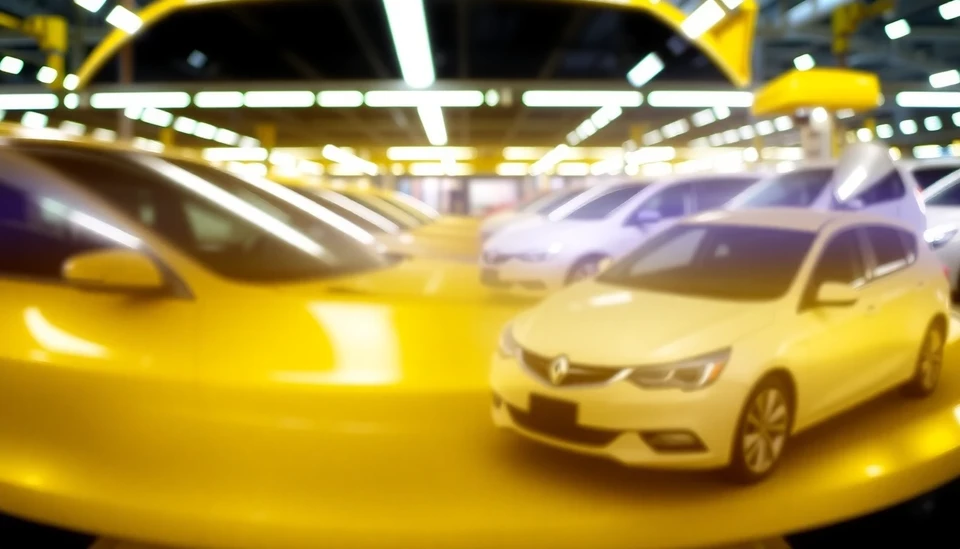
In a significant turnaround, European automakers are grappling with their first sales decline in two years, indicating a troubling trend that could reshape the automotive market landscape. Recent statistics reveal that car sales in Europe fell sharply in September, raising concerns among manufacturers about achieving their targets for the remainder of the year.
According to the latest data from the European Automobile Manufacturers Association (ACEA), new car registrations dropped by 12% in September compared to the same month last year. This downturn brings the total sales for the year down to 8.3%, a startling contrast to the steady recovery experienced in the previous two years post-pandemic.
The decline has been attributed to multiple factors, including persistent supply chain challenges, inflation pressures contributing to rising costs for consumers, and a shift in consumer preferences amid economic uncertainty. Automakers had anticipated a more robust market recovery as they introduced numerous electric vehicle (EV) models to attract buyers keen on eco-friendly options. However, these expectations have been dashed as potential customers hold back on purchases due to decreasing disposable income and increased energy prices.
Industry experts are particularly worried about the implications of this sales slump for electric vehicle adoption in Europe. Despite the European Union's ambitious goals to increase the number of EVs on the roads, the latest sales figures suggest that the transition may be slower than anticipated. With many consumers now prioritizing affordability over sustainability, electric vehicle sales growth has stagnated.
Key automakers such as Volkswagen and Renault have reported significant declines in their sales figures, reflecting the broader industry trend. Volkswagen has experienced a 15% drop in sales in September alone, while Renault saw a decline of nearly 20%. Other manufacturers are also facing similar challenges, leading to a cautious outlook for the coming months.
In an effort to regain momentum, automobile manufacturers are stepping up incentives to encourage consumer purchases, including attractive financing options and trade-in deals. Moreover, there is a growing push towards enhancing production capabilities, particularly for electric vehicles, as companies strive to remain competitive in an increasingly challenging environment.
The ongoing economic uncertainties could continue to weigh heavily on consumer purchasing power, making it imperative for automakers to adapt their strategies. Analysts suggest that a sharper focus on affordability and value will be crucial as companies navigate these uncharted waters.
As the industry confronts this unexpected downturn, the key question remains: can European automakers innovate and pivot to meet the evolving demands of consumers while still pushing forward with their sustainable ambitions? Only time will tell whether this sales slump is a temporary blip or a sign of a more fundamental shift in the automotive market.
In conclusion, the automotive sector is at a crossroads, facing headwinds that could redefine its future trajectory. Stakeholders must remain vigilant, refining their approaches to reach a more resilient and responsive market position.
#Automakers #Europe #SalesDecline #ElectricVehicles #AutomotiveIndustry #MarketTrends #EconomicUncertainty
Author: John Harris




